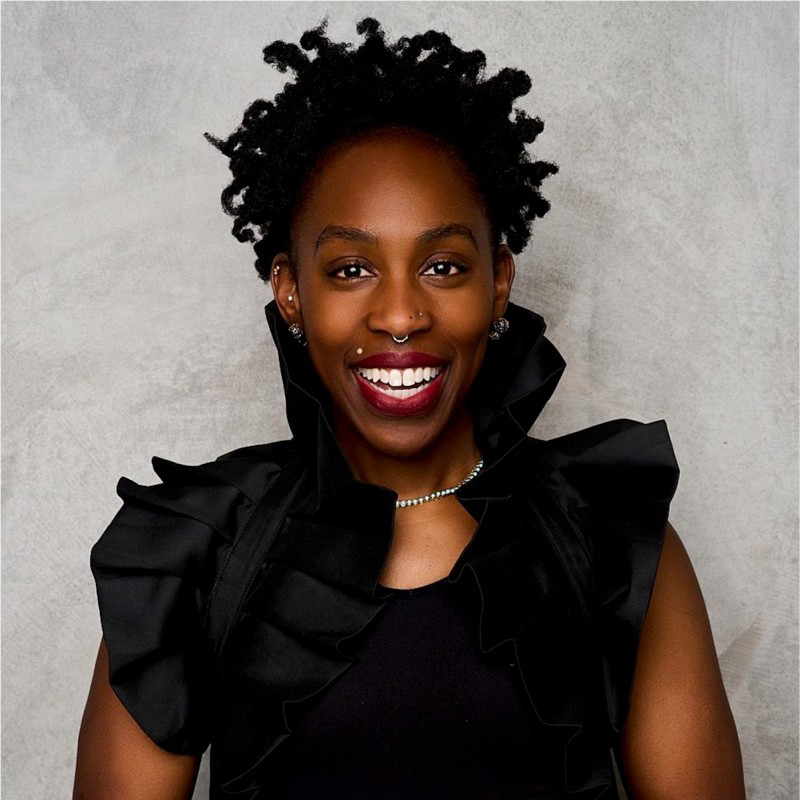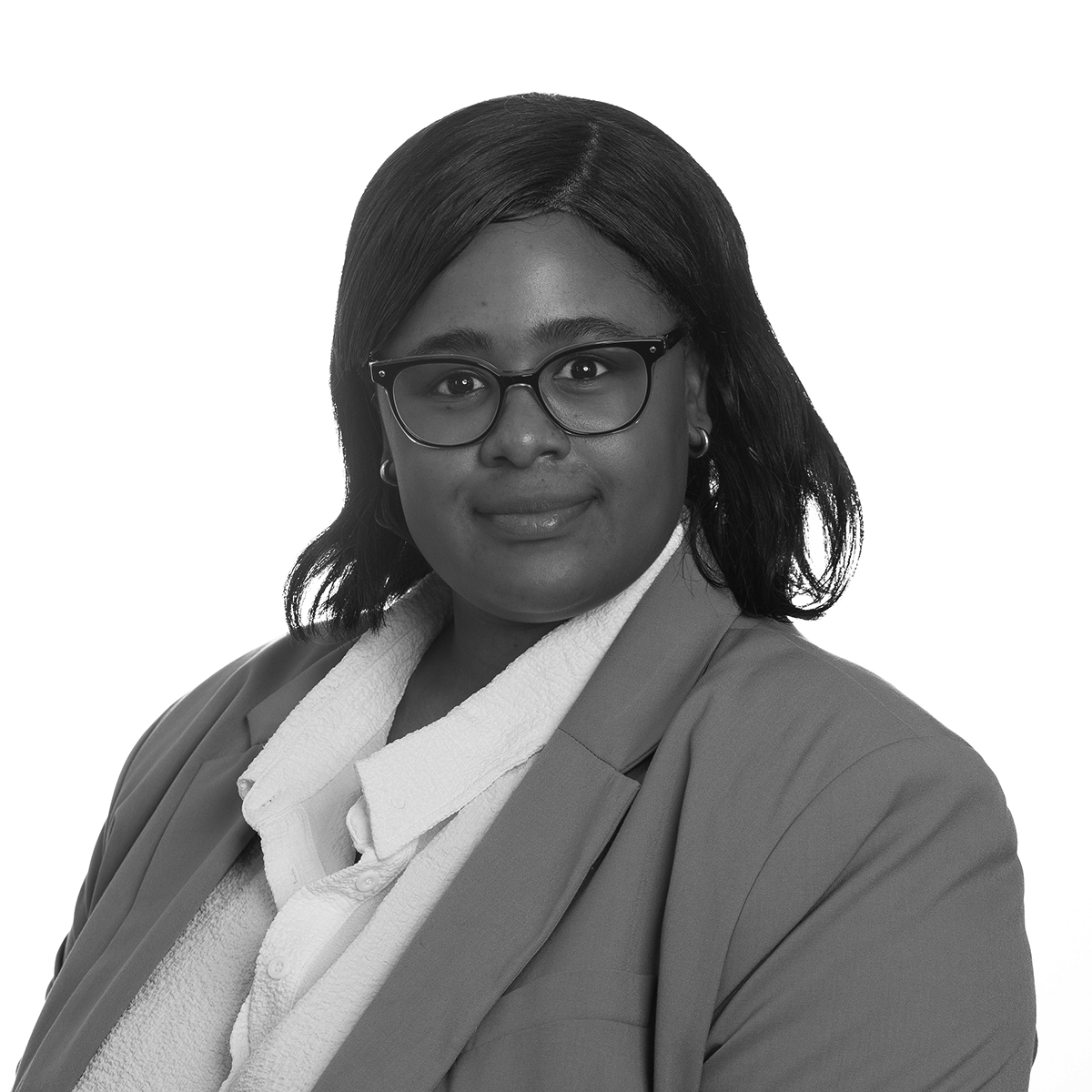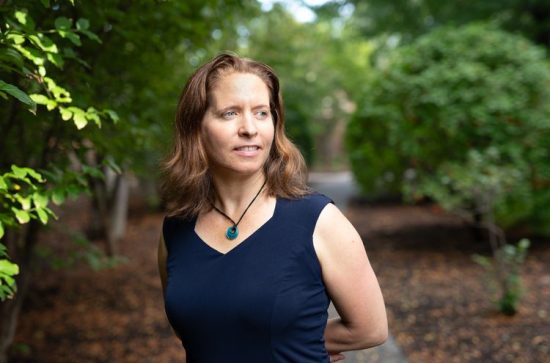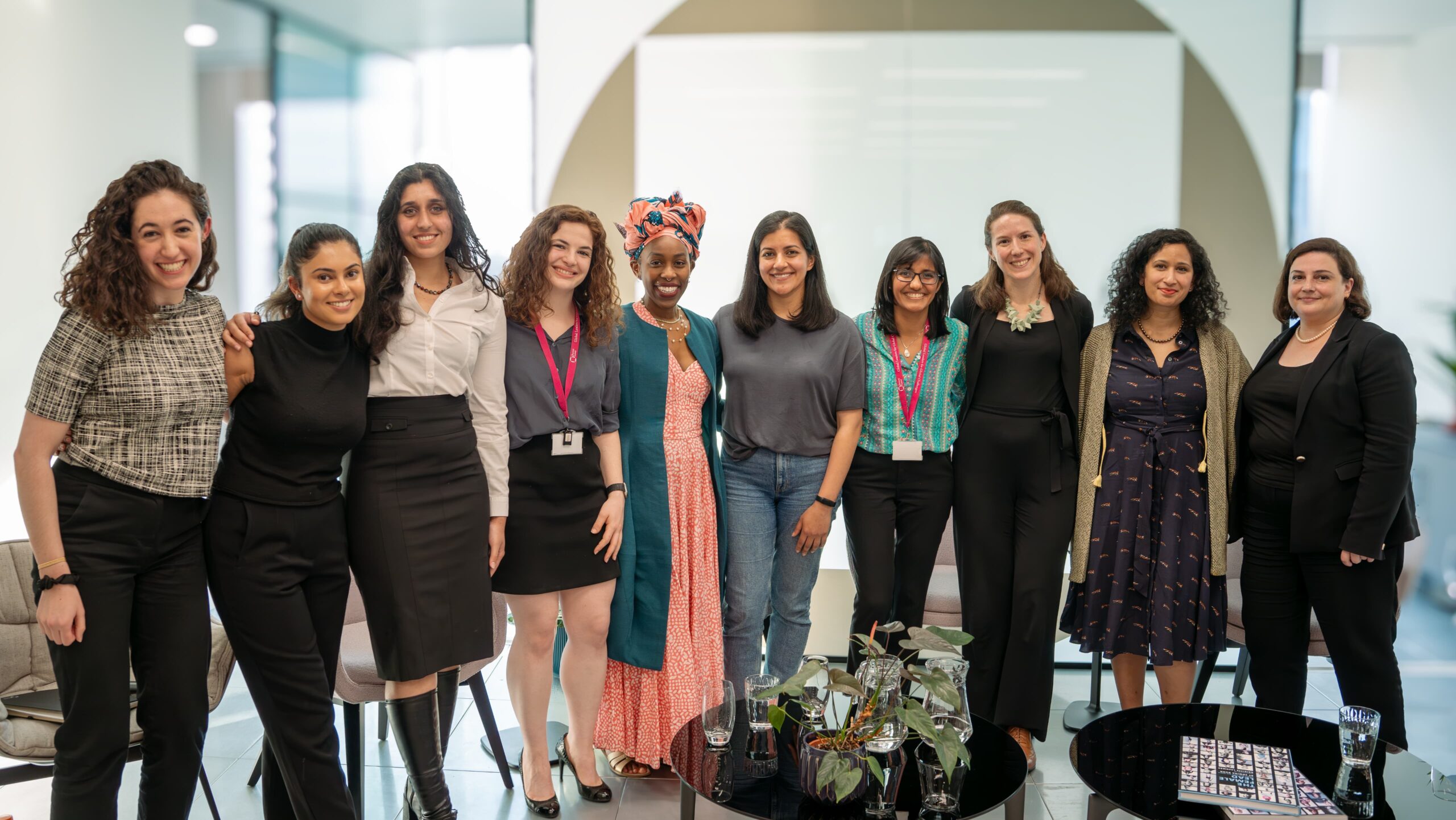What experiences have most shaped your leadership and the values that guide your work today?
After that I worked in the nonprofit sector for four years. I realised that what mattered most to me was impact. I wanted to see change happen. I started to wonder if I could bring that same mission-driven mindset inside companies rather than standing outside.
I went to business school in France to learn French because I wanted to work across Africa. I was recruited to Nike and it was there that I saw how Western companies operated in Africa and how important it was to have Africans shaping those decisions.
Later I joined Yahoo to build their first ever human rights department. It was the first at any tech company. It was about understanding how technology and human rights intersect and making sure governments did not misuse digital platforms.
After seven years, I left. Around that time, I had twin children. When I had a Black son, I knew I could not raise him in America. The violence against Black boys was too much. I took a role at Facebook leading public policy for Africa and moved my family to London.
At Facebook I wanted to do policy differently. Not to walk into countries and tell them what legal frameworks should look like, but to engage honestly and collectively with the people affected. I built a diverse team across Africa, the Middle East and Turkey, hiring brilliant people who had often been overlooked. That was one of the great joys of my life.
Over time the environment became harder. I was trying to create safe spaces for others without having one myself. I left Facebook in 2021 and since then I have been focused on creating spaces of joy, safety and radical imagination. I have supported artists and activists who use culture to speak truth to power.
I also spent time exploring venture capital and briefly worked at OpenAI, but I realised that the values of big technology companies are now completely misaligned with mine. I am now thinking deeply about what freedom means, how to live it, and how to model it for others.








